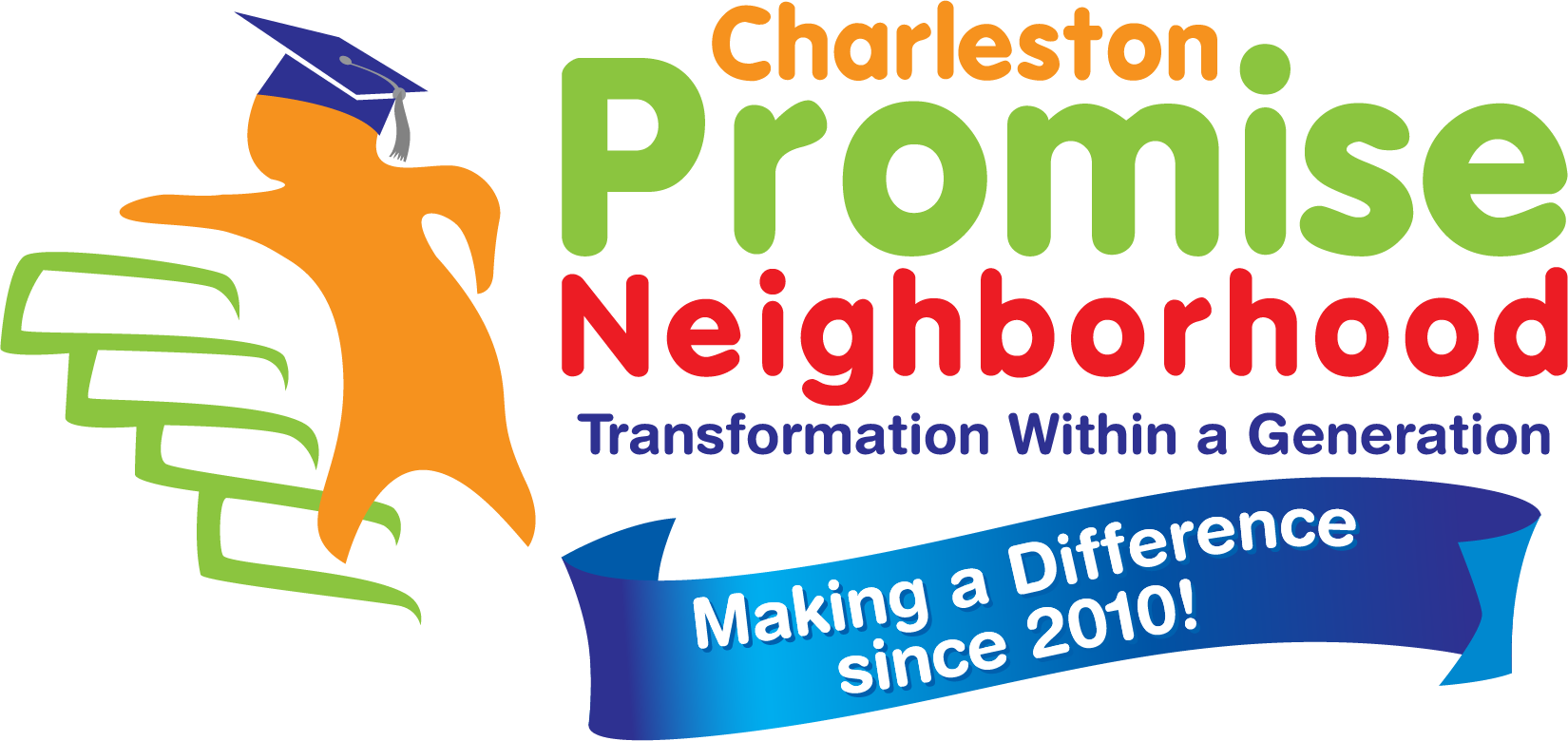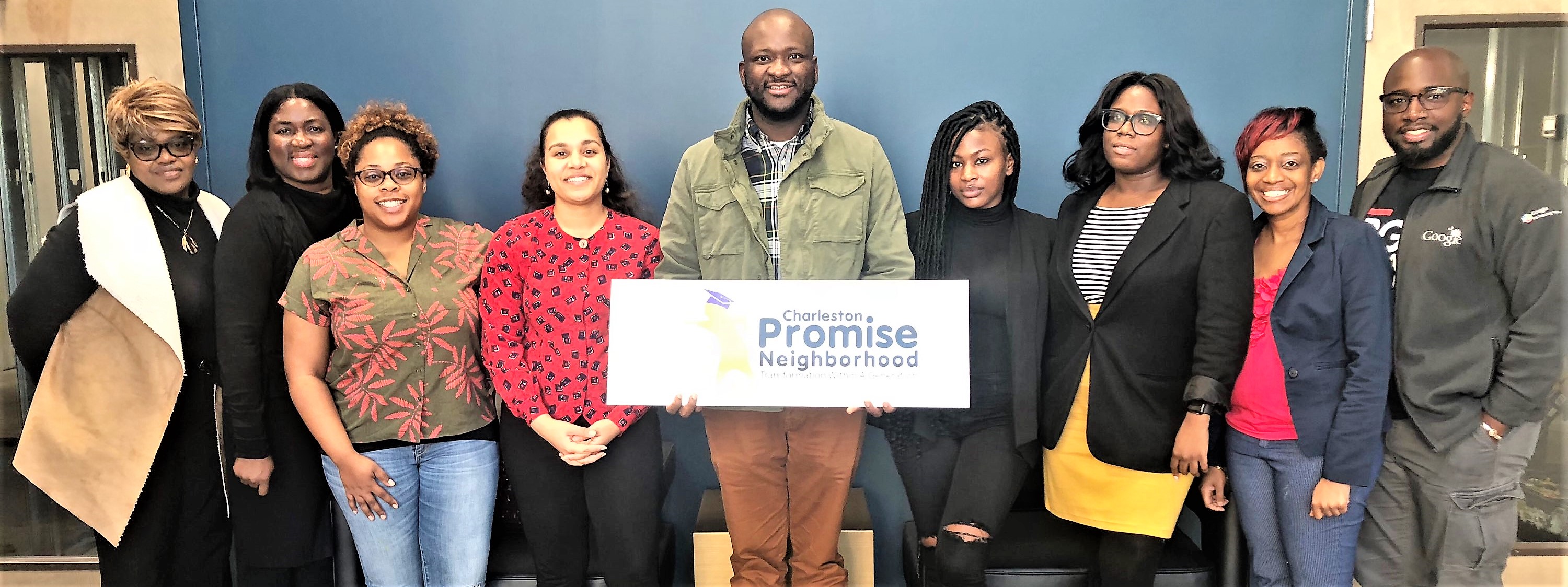
MUSC Resident examines student
Our school-based health clinics are open, and we are so excited!
As of last week, students at Sanders-Clyde Elementary/Middle, James Simons Elementary,Mary Ford Elementary and Chicora Elementaryhave access to physician care for two hours a week during school hours. As we get started, the clinics, facilitated by MUSC Department of Pediatrics,Charleston County School District (CCSD), andCPN, will be located in each school nurse’s office, with parents, teachers and school nurses identifying students for appointments. The clinic will especially be useful for managing and preventing chronic illnesses like asthma, diabetes, and childhood obesity, as well as mental health issues like ADHD, depression and anxiety.
The importance of facilitating such access to care is irrefutable. Secretary of Education, Arne Duncan, recently claimed that, “No matter how good schools are, students won’t be able to learn if they’re not healthy.” We all have experienced the impossible task of trying to concentrate in class or prepare for a test while sick. Imagine trying to succeed in school while constantly battling illness. Unfortunately, too many young students in our schools face chronic medical, mental health and dental challenges that prevent them from learning and impede their success.
Having school-based health clinics will accomplish several important things:
- With parental permission, the clinics will provide basic health care services including diagnosis and treatment of minor illness, infection, and injury
- Provide quality care for children with Medicaid or no health insurance at all and help to eliminate unnecessary ER visits; every student is assured care
- Give students medical attention when they need it, catching chronic illnesses such as asthma and diabetes now, preventing bigger medical problems later
- Provide expedited referrals and service coordination for students in need of further diagnosis or specialized services
- Most importantly, the clinics will keep students healthy and in class so they are ready to learn, will advance in school, and succeed in life
According to the National Assembly on School-Based Health Care, school-based clinics are a proven component of comprehensive reform strategy for low-performing schools. Academic and non-academic barriers must be addressed through this process. As a result, we must bridge health and education to decrease barriers to learning in our schools. The launch of our school-based clinics will work towards this ‘bridge’.
Did we mention that we’re excited? Because, we are!
Leslie Buechele Mosteller
Program Assistant




